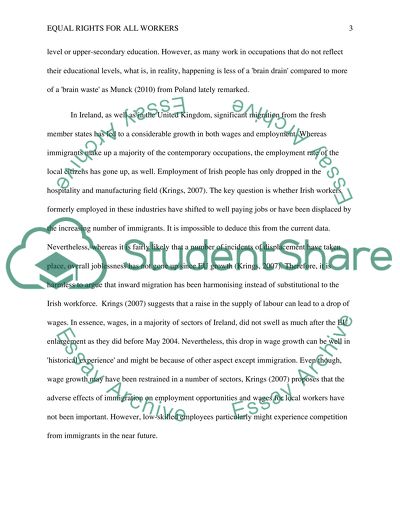Cite this document
(“Equal rights for all workers: Irish trade unions and the challenge of Article”, n.d.)
Equal rights for all workers: Irish trade unions and the challenge of Article. Retrieved from https://studentshare.org/sociology/1492225-equal-rights-for-all-workers-irish-trade-unions
Equal rights for all workers: Irish trade unions and the challenge of Article. Retrieved from https://studentshare.org/sociology/1492225-equal-rights-for-all-workers-irish-trade-unions
(Equal Rights for All Workers: Irish Trade Unions and the Challenge of Article)
Equal Rights for All Workers: Irish Trade Unions and the Challenge of Article. https://studentshare.org/sociology/1492225-equal-rights-for-all-workers-irish-trade-unions.
Equal Rights for All Workers: Irish Trade Unions and the Challenge of Article. https://studentshare.org/sociology/1492225-equal-rights-for-all-workers-irish-trade-unions.
“Equal Rights for All Workers: Irish Trade Unions and the Challenge of Article”, n.d. https://studentshare.org/sociology/1492225-equal-rights-for-all-workers-irish-trade-unions.


